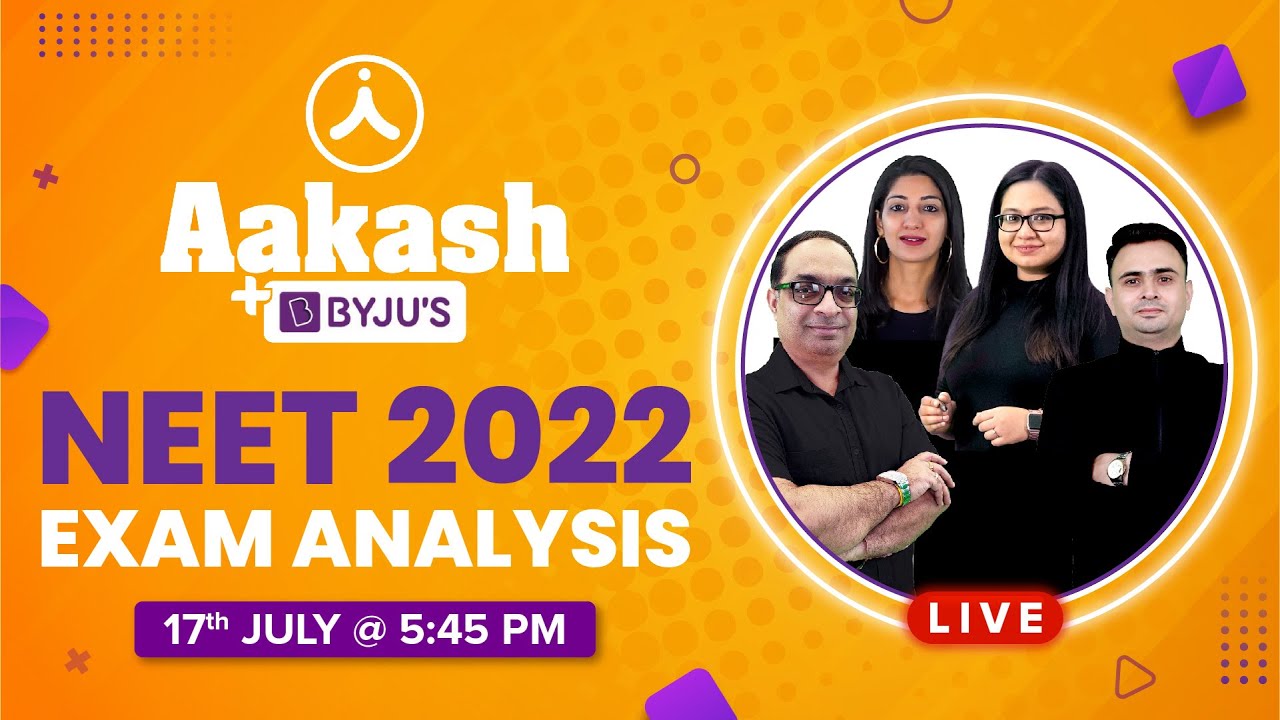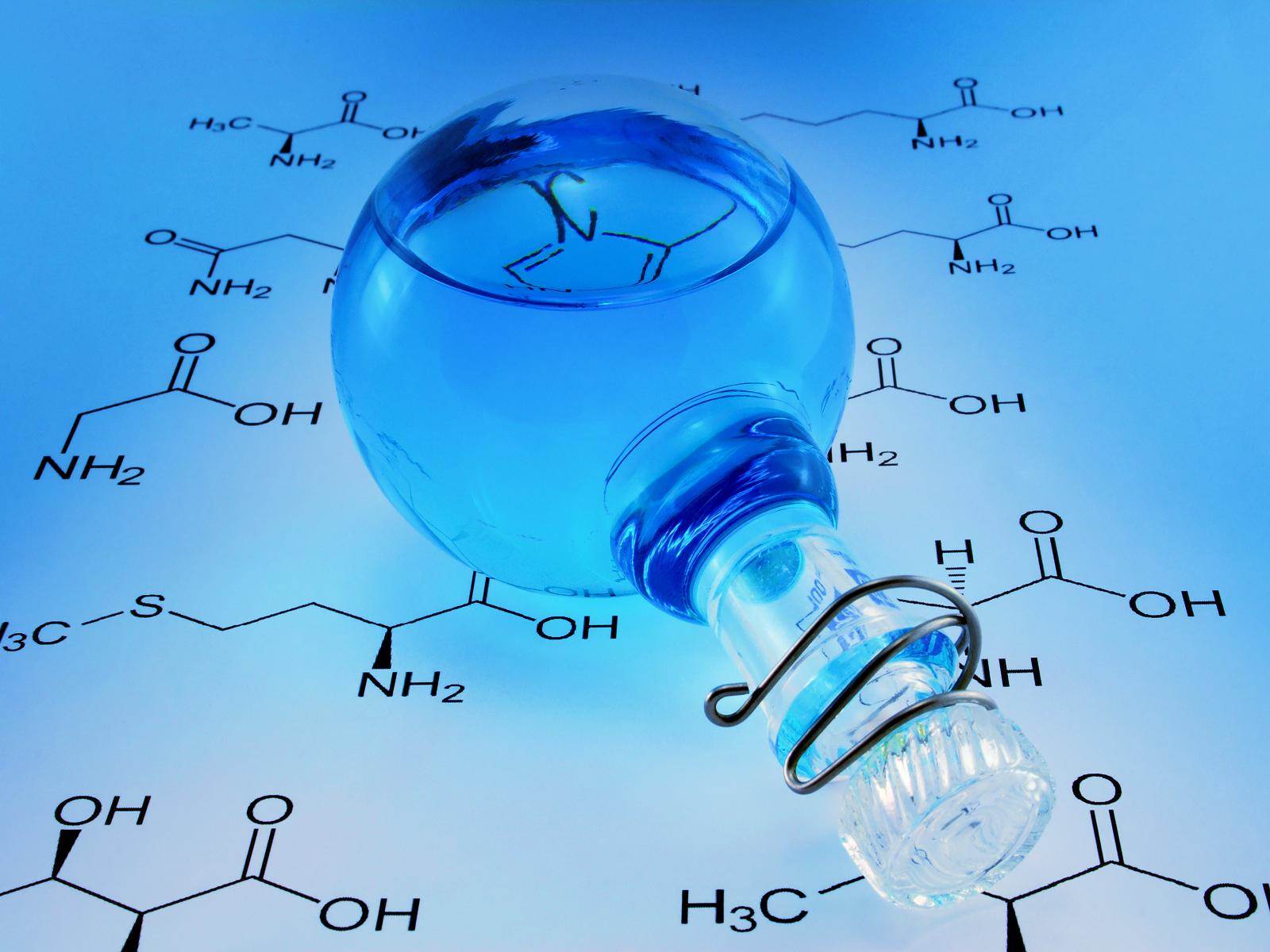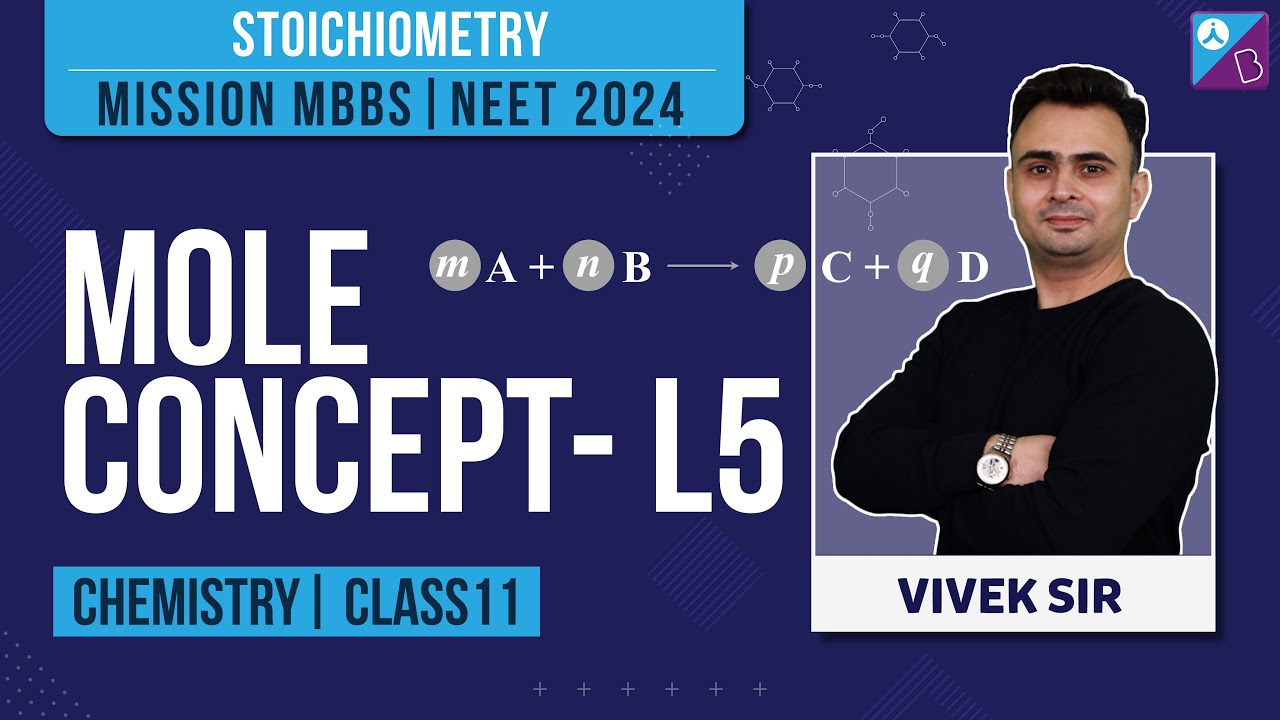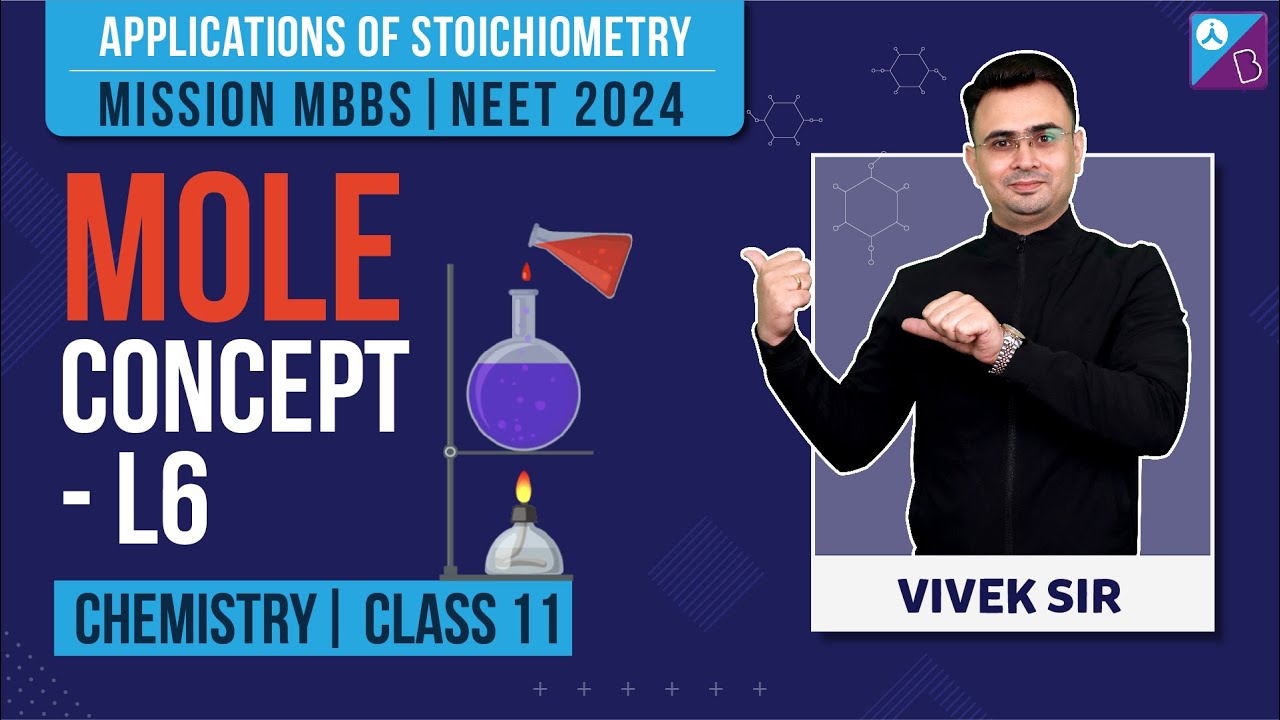To all the medical aspirants, inspiring to become successful medical professionals, scoring best in NEET (National Eligibility cum Entrance Test) is inevitable, for which hardly one month is left; this is the right time to transform your dreams into reality. All you need to do is use your knowledge, energy, and efforts in a planned manner. BYJU’S provides the best tutorials for NEET aspirants on every subject with the help of NEET test papers, NEET sample papers, learning applications, and lots more only under BYJU’S.


Chemistry as a subject in NEET requires equal and constant practice as compared to other subjects like Physics and Biology. The paper comprises 45 questions from each category – Physics, Chemistry, Botany, and Zoology. The duration of NEET exam is three hours. As for the NEET syllabus, it encompasses topics covered in CBSE Class 11 and CBSE Class 12. Therefore, to crack the section of inorganic chemistry, you need to know some essential and necessary tips.
- Inorganic chemistry is more about facts and a little about concepts. Before picking up a topic, go through NEET previous years’ question papers, and analyze areas from where maximum questions are asked. Now, prepare a chart involving formulae and important chemical reactions, and keep revising it every day. Keep solving questions from Coordination chemistry and P Block elements, since they are important.
- A considerable portion of inorganic chemistry needs constant learning. At times, inorganic chemistry leads to disinterest in learning the concepts. But, that does not fade the importance of cracking IIT/NEET. A teacher needs to bring back the interest in students to reverse this trend. Inorganic equations and extraction of metals belong to the category of s, p, d, and f block elements.
- Reasoning questions in the inorganic chemistry of s, p, d, and f block elements find a lot of application of periodic table, which encompasses a considerable part of the explanation in inorganic chemistry while preparing for NEET.
| Elements | Block | Contents |
| p-Block Elements | Group 15 Elements | Electronic configuration, Phosphorous- allotropic forms, compounds of phosphorous |
| Group 16 Elements | Classification of oxides, compounds of sulphur, oxyacids of sulphur | |
| Group 17 Elements | Compounds of halogens use of chlorine and hydrochloric acid | |
| Group 18 Elements | Electronic configuration, trends in physical and chemical properties |
Understanding qualitative analysis is the biggest challenge for a student. It requires an in-depth understanding of chemical equilibrium in addition to the basic and acid reactions.
- The study of d block elements constitutes a significant part of the preparation in the chemistry exam. Students need to emphasize the chemical composition of potassium permanganate and potassium dichromate as an oxidizing reagent in acidic, alkaline, and neutral medium.
- Unconventional hybridization of complexes formed by d block metals is another area to focus on. Warner’s theory and Effective Atomic Number (EAN) in coordination compounds are often asked in exams. It would be appropriate to study d block elements and coordinate compounds together. Not to forget, he or she must learn its nomenclature thoroughly.
Unlike Physical and organic chemistry, inorganic chemistry requires a lot of patience because it’s not very interesting. But its contribution to the net result is equally important. Moreover, you should prefer NCERT textbooks. Make sure that you are clear on each and every concept mentioned.
Recommended Videos:


Comments